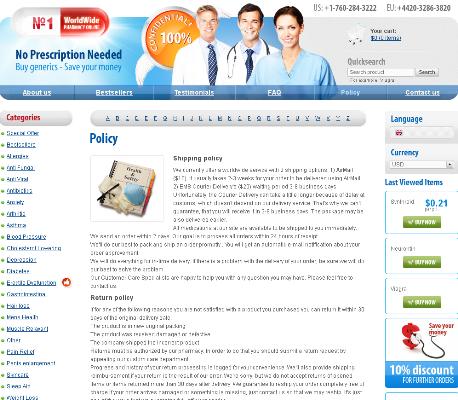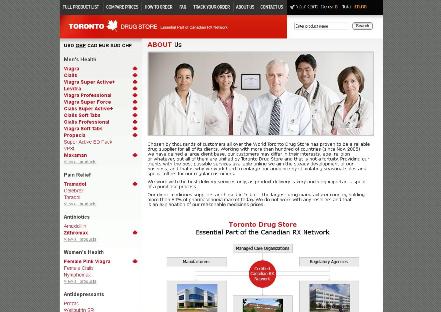How Super Viagra Differs from Regular Viagra
When comparing these two medications, dosage and formulation are key differences users notice. Super Viagra typically contains a higher concentration or a combination of active ingredients, aiming for enhanced effectiveness with faster onset. While traditional Viagra relies solely on sildenafil citrate, Super Viagra may blend sildenafil with dapoxetine or other agents, targeting performance and stamina.
This combination approach often appeals to those seeking longer-lasting effects or solutions for multiple concerns, such as premature ejaculation. However, this increased potency also means Super Viagra can introduce a different side effect profile compared to its predecessor.
Below is a table summarizing key distinctions:
| Characteristic | Regular Viagra | Super Viagra |
|---|---|---|
| Active Ingredients | Sildenafil | Sildenafil + Dapoxetine |
| Onset of Action | 30-60 minutes | 15-30 minutes |
| Main Purpose | ED treatment | ED + PE management |
Common Mild Side Effects Users Might Experience

When trying super viagra for the first time, users often notice a few minor bodily changes. It’s not unusual to experience headaches or a flushed face—these effects usually fade as the body adjusts. Some people have mild nasal congestion, dizziness, or an upset stomach, making it wise to ease into activities after taking a dose. Changes in vision, such as a slight blue tint or increased sensitivity to light, can happen but generally resolve on their own.
Understanding these responses can help users feel more at ease and prepared. Mild back pain or muscle aches sometimes develop a few hours after taking super viagra, but these are typically short-lived. Staying hydrated and avoiding alcohol may reduce discomfort, allowing users to focus on the positive effects and maintain confidence in their experience.
Recognizing Serious and Dangerous Adverse Reactions
Users should remain alert for symptoms far more concerning than mild discomfort. If someone taking super viagra suddenly feels chest pain, experiences difficulty breathing, or has a rapid, irregular heartbeat, these are serious warning signs. Less common, but equally alarming, are prolonged painful erections lasting more than four hours, known as priapism. Sudden loss of vision or hearing after using super viagra also requires immediate medical attention. Acting quickly can prevent these dangerous complications from escalating further.
How Super Viagra Interacts with Other Medications

Many users are surprised to learn how easily super viagra can interact with other medications. Blood pressure drugs, nitrates, and certain antibiotics can intensify side effects or reduce super viagra’s effectiveness. It’s essential to be upfront with your healthcare provider about all medicines and supplements you’re taking.
Mixing super viagra with non-prescription substances, like herbal remedies, can also cause dangerous reactions. Being proactive and asking questions will help you avoid unexpected complications and ensure a safer, more positive experience.
Precautions for People with Pre-existing Health Conditions
Living with a medical condition like heart disease, high blood pressure, or diabetes means a closer look before using Super Viagra. These health issues can increase risks or lead to unexpected complications with sexual enhancement medications. Always consult your healthcare provider, as they can help assess whether Super Viagra is safe based on individual medical history and current prescriptions. Monitoring symptoms closely and sharing any concerns helps prevent dangerous outcomes.
| Condition Type | Super Viagra Cautions |
|---|---|
| Heart Disease | Potential risk of strain; doctor approval essential |
| Hypertension | May further raise blood pressure; frequent monitoring advised |
| Diabetes | Possible drug interactions; blood sugar stability must be considered |
Tips for Managing and Reducing Side Effects
To help your body respond more comfortably to Super Viagra, stay hydrated and avoid alcohol, which can amplify side effects like headache or flushes. Taking the medication with a small meal may ease stomach discomfort, but steer clear of heavy or fatty foods that might delay absorption.
Communication is key—consult your doctor if you notice unusual symptoms. Monitoring blood pressure regularly and being mindful of your body’s response ensures you can catch and address unwanted side effects early.



